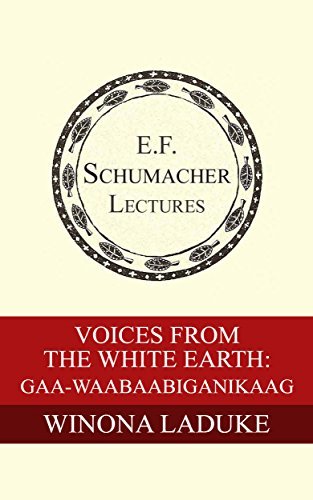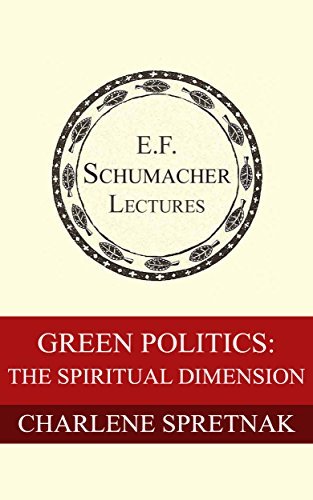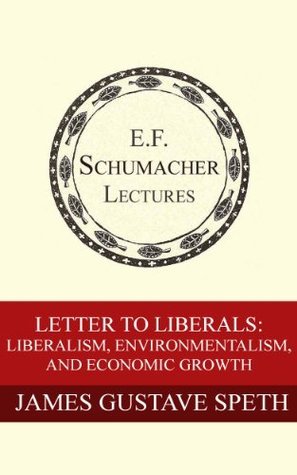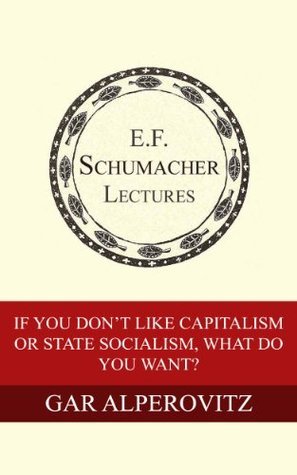
Part of Series
The collection of lectures and publications from the Schumacher Center for a New Economics represents some of the foremost voices on a new economics. Winona LaDuke, an Anishinaabekwe (Ojibwe) member of the White Earth Nation, is a strong and clear voice for the return to traditional land-holding patterns of her people. She explains how, in order to sustain the life of the Anishinaabe, her people need different kinds of the lakes for harvesting wild rice, the forests for hunting, and the meadows for gathering herbs. The earlier artificial allocation of square plots of the White Earth Reservation to individual tribal members and the loss of the Anishinaabes' land through sale to outsiders has resulted in a mosaic of land use that separates the community from its traditions. Her own work is devoted to restoring the integrity of the White Earth Reservation by repurchasing sold land and holding it in a community land trust arrangement so that it may be productively used without fear of loss. The story she tells is a moving one and provides a practical approach to healing a wounded people and wounded land.
Author
Writing, farming, and working in her community for more than 40 years, Winona LaDuke is one of the world’s most tireless and charismatic leaders on issues related to climate change, Indigenous and human rights, green economies, grassroots organizing, and the restoration of local food systems. A two-time Green Party vice-presidential candidate, Winona has received numerous awards and accolades, including recognition on the Forbes' first “50 Over 50—Women of Impact” list in 2021. Winona is the author of many acclaimed articles and books, including "Recovering the Sacred: The Power of Naming and Claiming" and "To Be a Water Protector: Rise of the Wiindigoo Slayers." A Harvard-educated economist, hemp farmer, grandmother, and member of the Mississippi Band Anishinaabeg, she lives and works on the White Earth Reservation in northern Minnesota.


